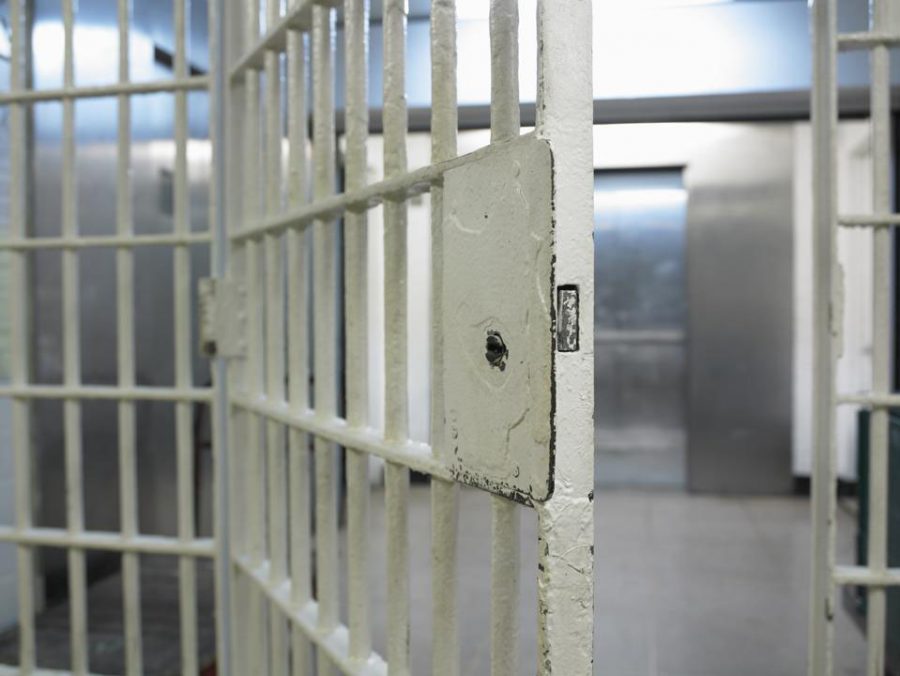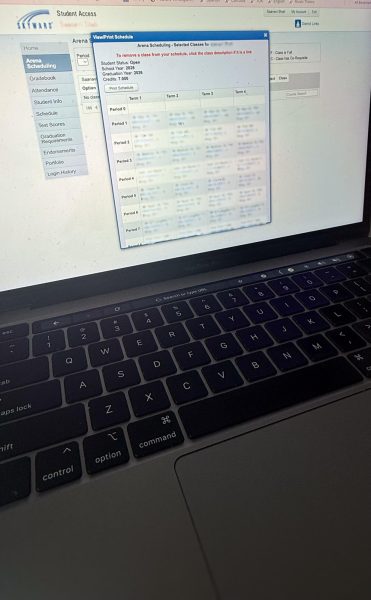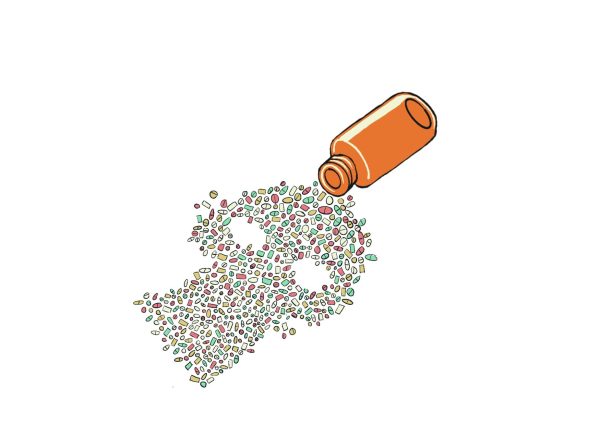The Path to Progress
The rate of unemployment is high, but according to the Prison Policy Initiative, it is much higher for previously incarcerated citizens.
“Among 25-44 years-old formerly incarcerated people, 93.3 percent are either unemployed or actively looking for work, compared to 83.8 percent among their general population peers of similar ages,” according to the Prison Policy.
Adam Looney, nonresident senior fellow in economic studies at The Brookings Institution wrote that among those who do find work half earn $10,090 a year or less than a full time job at minimum wage. Then there are those that don’t return to society. Statistics from the Department of Justice show that 30 percent of adult offenders released from state prisons are rearrested within the first six months of their release. Fortunately, another step has been taken to aid the people trying to put their lives back together.
President Trump announced that he has pardoned Jon Ponder, a thrice-convicted bank robber who pleaded guilty to his crimes in 2005 . The administrative office of the U.S. Courts in Washington D.C. indicates that ex-offender employment is a critical factor in whether recently released federal inmates are successful, and that’s where Jon comes in.
Jon Ponder shared that he grew up in New York City and was involved in criminal activity from a young age, but when he was released in 2009 he became an activist for prisoner rehabilitation. In 2010 he founded the “Hope for Prisoners” program in Nevada, which helps former prisoners reintegrate back into society.
“Ex-offenders, it’s like Ben Franklin said, ‘the constitution only guarantees the right to pursue happiness, you have to catch it yourself.’ The power to make a positive new beginning rests in your hands, head and heart. Take advantage of the tremendous resources available to you and make every effort to grab hold of the American dream,” Stated Kenyen Brown, former United States Attorney for the Southern District of Alabama, from the Project H.O.P.E. Re-Entry Initiative.
The White House announced the presidential pardon on Aug. 25, with Ponder, stating it to be “a beautiful testament to the power of redemption.” Coming amid the Republican National Convention, many believe this act is a campaign move for Trump to gain more voters, however it still draws attention to the criminal justice system.
Ponder said his first help came from the most unlikely of places: Richard Beasley – the FBI agent that arrested him. The two men are now close friends and Ponder now dedicates his life to helping people who are in the same situation as he once was. “I’m so proud of Jon with his life’s turn around and for all the lives that he’s helped change,” stated Beasley.
The program provides assistance through life skills and job readiness training, substance abuse treatment, vocational and educational opportunities, intensive case management and long term mentoring. Some of the things they teach in the program are building self-esteem, how to find a job, how to manage money, healthy relationships, accountability, cyber security, etc. The program also helps build trust between the community and law enforcement by having officer volunteers to help support these ex-convicts.
Ponder said in a statement that his “hope for America is that law enforcement and people in the communities across our country can come together and realize as Americans we have more in common than we have differences.”

Senior Kennedy Jackson, or KJ, cares deeply about community and black pride. She uses her free time for writing, photography, and reading & watching...






